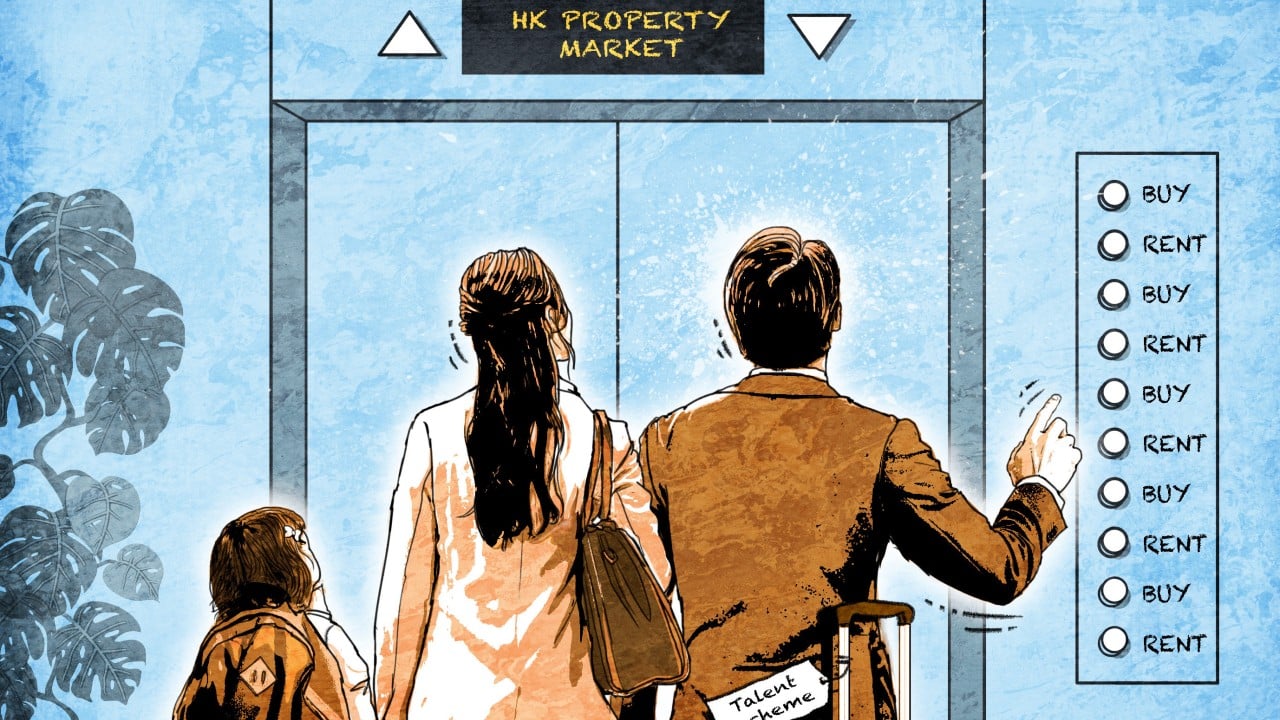
In a spacious three-storey village house in Sai Kung on a recent sunny Saturday, Chen Wei and his family were unpacking the final boxes after their move from Shenyang, the capital of China’s northeast Liaoning province. Having come with his wife and two sons under Hong Kong’s Top Talent Pass Scheme, Chen, an e-commerce expert, represents a new force recalibrating the city’s future.
“The job opportunity was the first draw, but the final decision was for them,” Chen said, gesturing to his two 10-year-old boys, who were busy arranging schoolbooks from their new international academy. “Knowing how stressful the path can be for schooling on the mainland, the education ecosystem here is a better option.”
The family’s rented home is about a 10-minute drive away from the school. “Living near the right school was our immediate priority, and it takes some time to settle before considering buying a house,” Chen said, adding that the family would definitely be putting down roots in the city.
“Coming all the way here, we are committed to staying here for the longer term.”
Chen is part of a wave of nearly 90,000 professionals who have entered Hong Kong – in many cases with their families – under the government’s three-year-old initiative to attract talent.
The influx has driven rents to record highs, raising hopes that the scheme will also establish a new segment of homebuyers to sustain the housing market over the next decade. The challenge ahead is how to encourage newcomers to transition from renting to owning homes.
“The dynamics of Hong Kong’s property market have fundamentally shifted from local demand – which is decreasing due to falling birth rates – to a predominance of external demand,” said Ryan Ip Man-ki, vice-president of the Our Hong Kong Foundation and executive director of the Public Policy Institute. “It’s only a matter of time before mainland buyers surpass 50 per cent of total property transactions, with incoming talent being a key driver.”
















